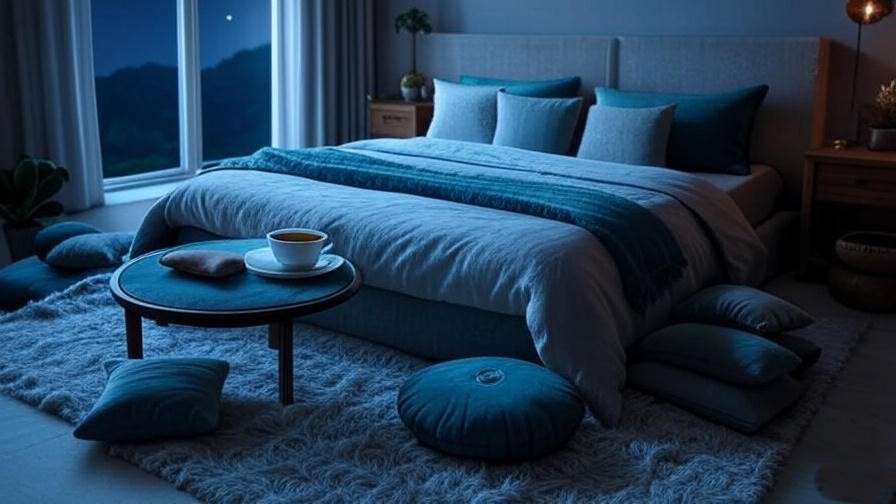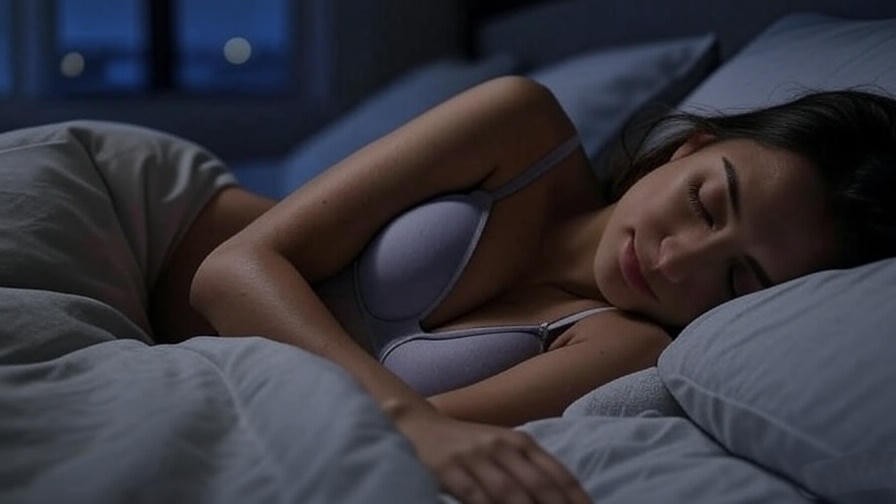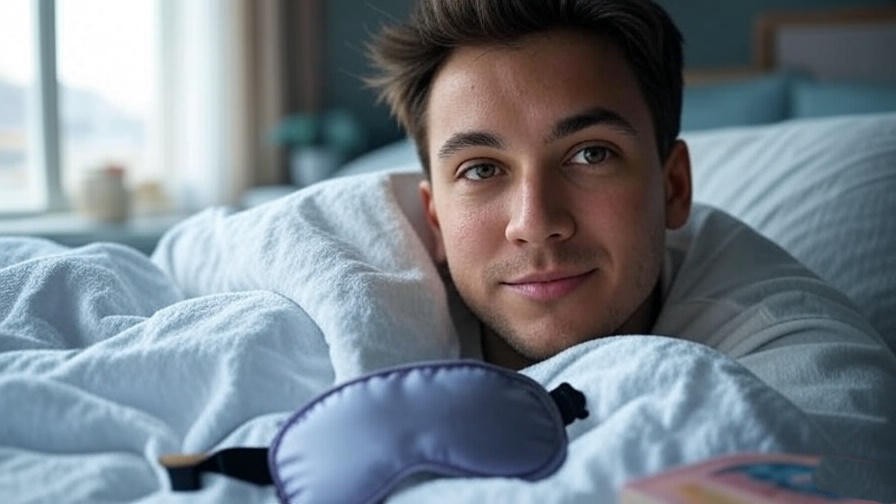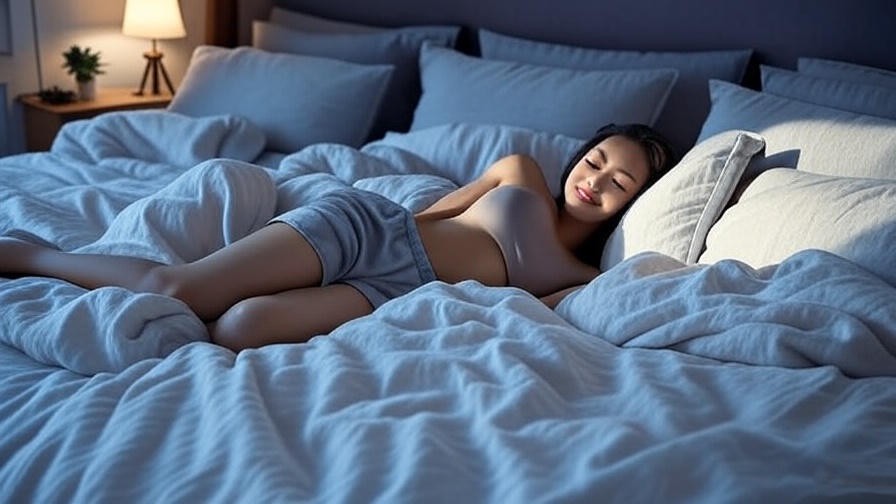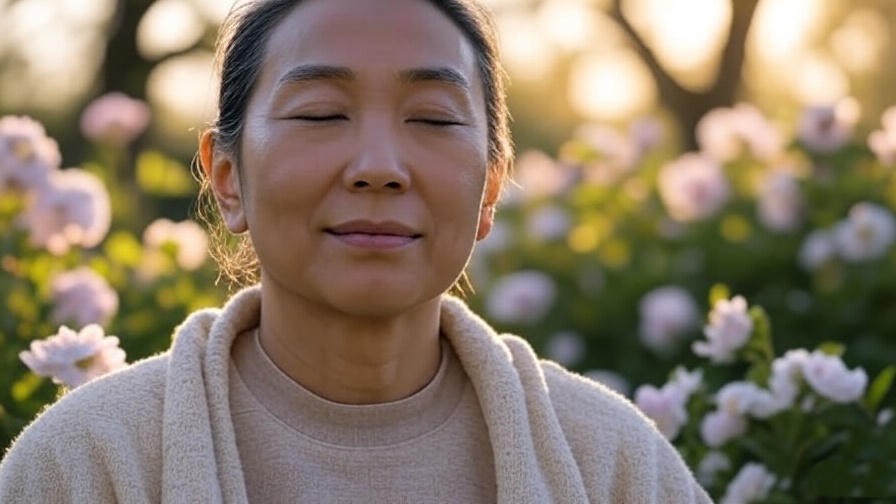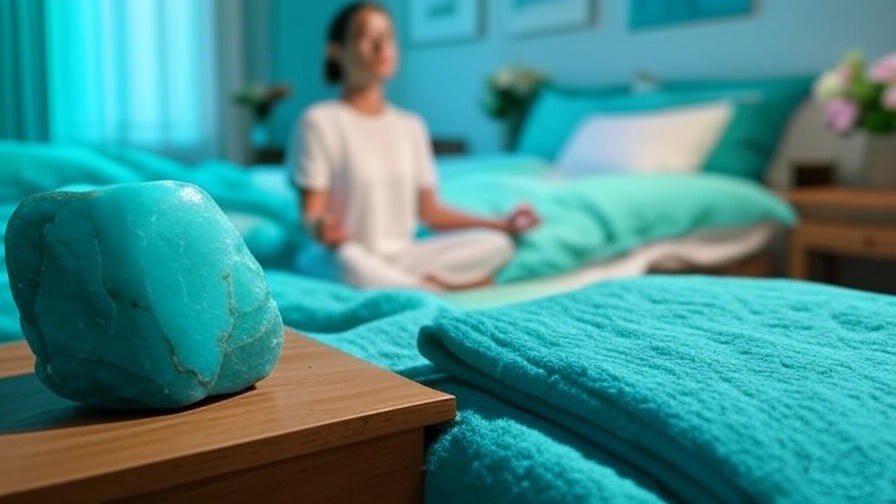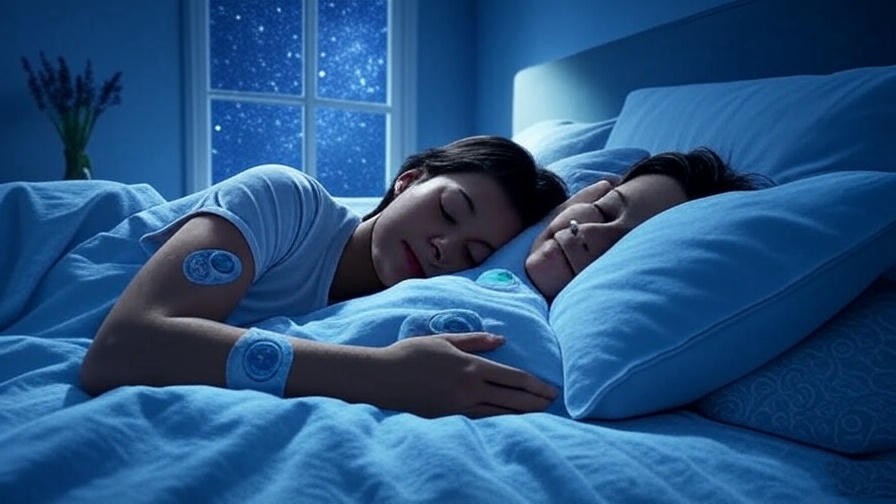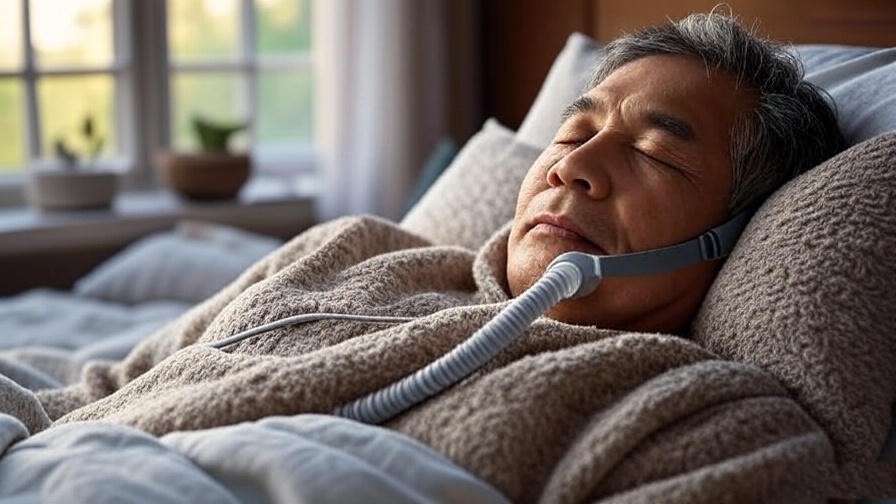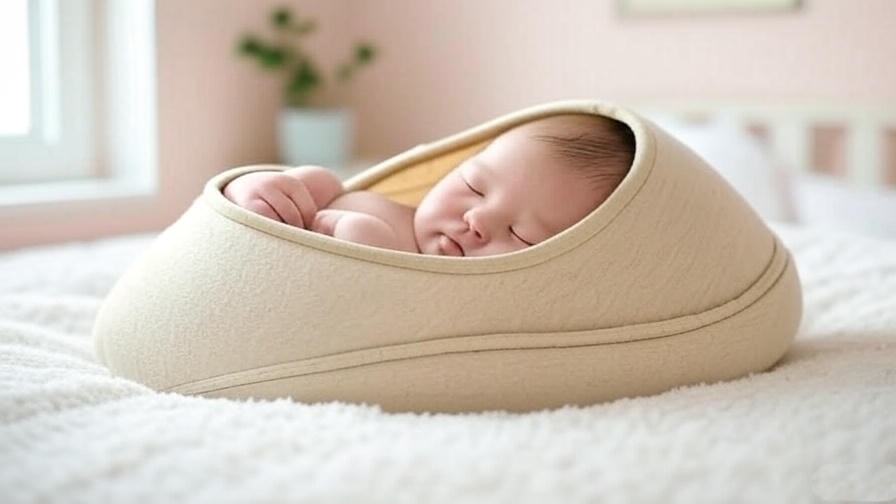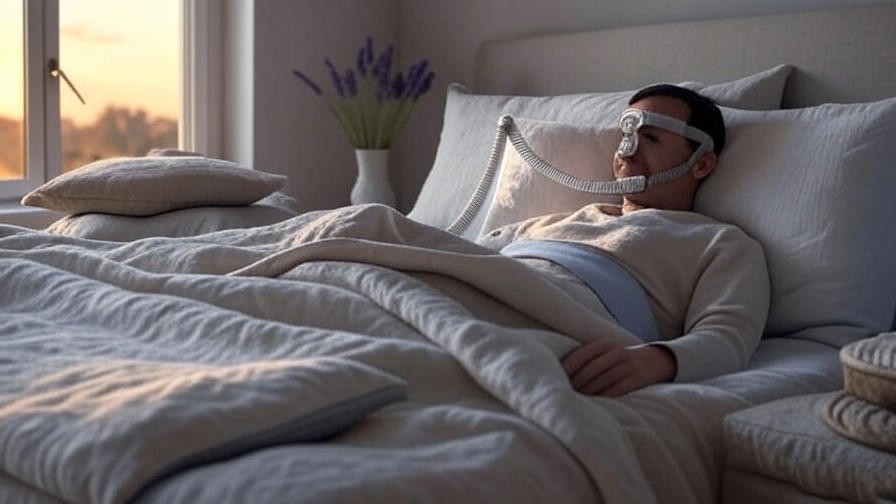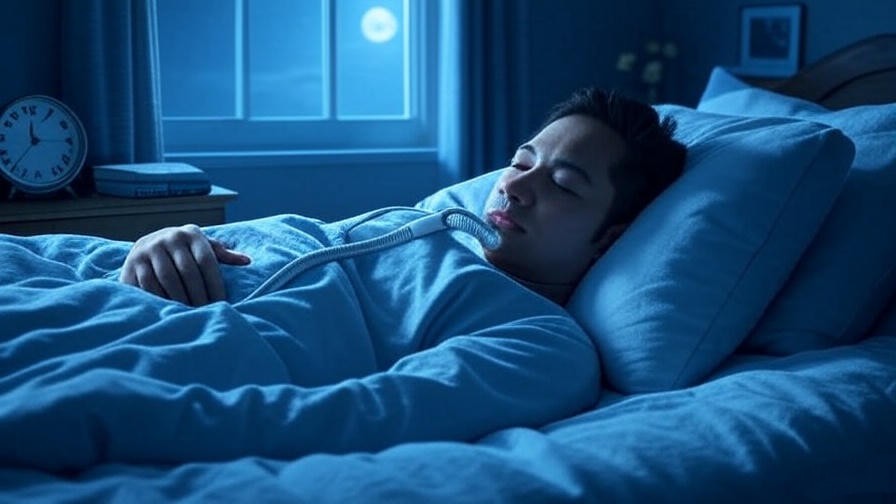Picture this: it’s 2 a.m., and you’re staring at the ceiling, your mind racing while the world sleeps. The frustration of sleeplessness is all too common, with over 30% of adults reporting sleep difficulties, according to the CDC. Enter Solea Sleep, a holistic approach designed to transform restless nights into rejuvenating rest. This innovative system combines mindfulness, environmental optimization, and natural remedies to help you achieve deep, restorative sleep. In this comprehensive guide, we’ll explore Solea Sleep’s principles, science-backed strategies, and practical steps to unlock restful nights, aligning with your journey toward holistic well-being, happiness, and inner peace. Backed by expert insights and research, this article offers actionable solutions to address your sleep challenges and elevate your quality of life.
What is Solea Sleep?
Understanding the Solea Sleep Philosophy
Solea Sleep is more than a bedtime routine—it’s a holistic philosophy that integrates body, mind, and environment to foster restful sleep. Unlike quick-fix sleep aids, Solea Sleep emphasizes sustainable, natural practices rooted in mindfulness, relaxation, and environmental harmony. The approach draws inspiration from ancient wellness traditions and modern sleep science, creating a balanced system that addresses the root causes of sleeplessness. Whether you’re battling insomnia or simply seeking better rest, Solea Sleep offers a pathway to rejuvenation without relying on medications.
Dr. Sarah Thompson, a sleep wellness expert, explains, “Solea Sleep is unique because it treats sleep as a holistic experience, not just a physical necessity. By aligning mental calm, physical comfort, and environmental serenity, it helps individuals achieve lasting sleep improvements.”
The Science Behind Solea Sleep
Solea Sleep is grounded in research on circadian rhythms, stress reduction, and neurobiology. Studies show that mindfulness practices, a cornerstone of Solea Sleep, reduce cortisol levels, the stress hormone that often disrupts sleep. For example, a 2021 study published in Sleep Medicine Reviews found that mindfulness-based interventions improved sleep quality in 85% of participants with insomnia. Additionally, optimizing the sleep environment—such as reducing blue light exposure—supports the body’s natural melatonin production, as confirmed by research from the National Institute of Health (NIH). By combining these evidence-based principles, Solea Sleep offers a scientifically sound approach to better rest.
Why Sleep Matters: The Impact of Poor Sleep on Well-Being
Physical Health Consequences
Poor sleep takes a toll on physical health. According to the World Health Organization (WHO), chronic sleep deprivation increases the risk of heart disease, diabetes, and weakened immunity. For instance, sleeping less than 7 hours per night is linked to a 13% higher risk of obesity, per a 2022 study in The Lancet. Fatigue also reduces energy for daily tasks, leaving you sluggish and unmotivated. Solea Sleep addresses these issues by promoting consistent, high-quality rest to support overall health.
Mental and Emotional Effects
Sleep and mental health are deeply connected. The Sleep Foundation reports that 70% of people with insomnia experience mood disturbances, such as anxiety or depression. Lack of sleep impairs cognitive functions like memory and decision-making, making it harder to navigate life’s challenges. Solea Sleep’s focus on mindfulness and stress reduction helps break this cycle, fostering emotional resilience and mental clarity.
The Holistic Connection
Sleep is a pillar of holistic well-being, alongside meditation, happiness, and mindfulness—core themes of your wellness journey. Restful sleep enhances emotional balance, supports dream vividness, and boosts overall life satisfaction. By integrating Solea Sleep into your lifestyle, you’re not just improving rest but also nurturing a happier, more centered self.
Core Principles of Solea Sleep
Mindful Preparation for Sleep
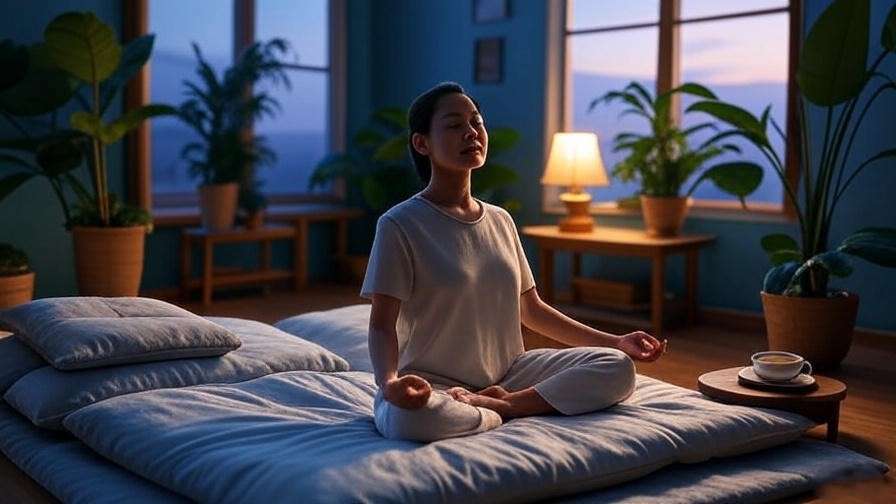
Mindfulness is at the heart of Solea Sleep. Practicing mindfulness before bed calms the mind and signals the body to relax. A simple 5-minute pre-sleep meditation can make a significant difference. Here’s an example:
- Sit comfortably in a quiet space.
- Close your eyes and focus on your breath, inhaling for 4 seconds and exhaling for 6.
- Visualize a peaceful scene, like a calm ocean or forest.
- Let thoughts pass without judgment, returning to your breath.
This practice, rooted in mindfulness-based stress reduction (MBSR), helps reduce nighttime rumination, a common barrier to sleep.
Optimizing Your Sleep Environment
Your bedroom plays a critical role in sleep quality. Solea Sleep emphasizes creating a serene, sleep-friendly environment. Here’s a quick checklist to transform your space:
- Lighting: Use dim, warm lights or blackout curtains to block external light.
- Noise: Invest in a white noise machine or earplugs to minimize disruptions.
- Comfort: Choose a supportive mattress and breathable bedding.
- Temperature: Keep the room between 60–67°F (15–19°C), as recommended by the Sleep Foundation.
- Clutter: Maintain a tidy, calming space to reduce stress.
These adjustments align your environment with your body’s natural sleep cues, enhancing rest.
Natural Remedies and Supplements

Solea Sleep encourages natural remedies to support relaxation. For example, chamomile tea has been shown to reduce anxiety and promote sleep, per a 2020 study in Phytotherapy Research. Lavender aromatherapy, used via a diffuser or pillow spray, can also improve sleep quality, as noted in Journal of Alternative and Complementary Medicine. Melatonin supplements (1–3 mg) may help regulate sleep cycles, but consult a healthcare provider before use to ensure safety. These remedies, when used thoughtfully, complement Solea Sleep’s holistic approach.
Step-by-Step Guide to Implementing Solea Sleep
Creating a Personalized Sleep Routine
A consistent routine is key to Solea Sleep’s success. Here’s a customizable 30-minute pre-sleep routine:
- 1 Hour Before Bed: Avoid screens to reduce blue light exposure.
- 30 Minutes Before Bed: Dim lights and sip chamomile tea.
- 15 Minutes Before Bed: Practice a mindfulness meditation or journaling.
- At Bedtime: Read a calming book or listen to soft music.
For added value, download our free Solea Sleep Routine Checklist (link to resource) to track your progress.
Integrating Meditation and Breathing Exercises

Breathing exercises are a powerful tool for relaxation. Try the 4-7-8 technique:
- Inhale through your nose for 4 seconds.
- Hold your breath for 7 seconds.
- Exhale slowly through your mouth for 8 seconds.
- Repeat 4–5 times.
A 2023 study in Sleep Medicine found that this technique reduced sleep onset time by an average of 10 minutes. Pair it with a body scan meditation to release physical tension.
Tracking Progress and Adjusting
Monitor your sleep improvements with a journal or app like Sleep Cycle. Note bedtime, wake time, and sleep quality daily. If progress stalls, adjust one element at a time (e.g., try a different meditation or adjust room temperature). Sleep coach Emily Rivera shares, “Tracking helped me identify that late-night snacks were disrupting my sleep. Small tweaks made a big difference.”
Common Sleep Challenges and Solea Sleep Solutions
Overcoming Insomnia
Insomnia, characterized by difficulty falling or staying asleep, affects millions worldwide. Solea Sleep offers targeted strategies to combat it. Progressive muscle relaxation (PMR) is one effective technique: systematically tense and release each muscle group, starting from your toes and moving to your head. A 2022 study in Journal of Sleep Research found PMR reduced insomnia symptoms in 78% of participants. Additionally, cognitive reframing—challenging negative thoughts about sleep (e.g., “I’ll never fall asleep”)—can reduce anxiety. For example, replace such thoughts with, “My body knows how to rest; I’m giving it the tools to succeed.” Jane, a 34-year-old teacher, shared, “After using Solea Sleep’s PMR and journaling, I went from sleepless nights to falling asleep within 20 minutes.”
Managing Stress and Anxiety
Stress and anxiety often keep the mind racing at bedtime. Solea Sleep’s mindfulness focus helps break this cycle. Try writing down worries 2 hours before bed to offload mental clutter. Dr. Michael Chen, a psychologist specializing in stress management, notes, “Externalizing thoughts through journaling reduces cognitive overload, making it easier to relax.” Additionally, a gratitude practice—listing three things you’re thankful for—can shift your mindset to positivity. Research from Frontiers in Psychology (2021) shows gratitude exercises improve sleep quality by 15% in anxious individuals.
Addressing Environmental Disruptions
External factors like noise or a partner’s movements can disrupt sleep. Solea Sleep recommends practical solutions: use a white noise machine to mask sounds or invest in blackout curtains to eliminate light pollution. For couples, consider a larger mattress to minimize movement transfer. The Sleep Foundation suggests that reducing environmental disturbances can improve sleep efficiency by up to 20%. Test these changes for a week and note improvements in your sleep journal.
The Role of Lifestyle in Solea Sleep
Nutrition and Sleep
What you eat impacts how you sleep. Solea Sleep emphasizes a sleep-friendly diet rich in magnesium (found in almonds, spinach) and tryptophan (in turkey, bananas), which support melatonin production. Avoid caffeine after 2 p.m., as it can linger in your system for 6–8 hours, per NIH research. Heavy meals close to bedtime can also disrupt rest. Here’s a sample Solea Sleep meal plan for a day:
- Breakfast: Greek yogurt with berries and walnuts.
- Lunch: Grilled chicken salad with spinach and avocado.
- Snack: Banana with almond butter.
- Dinner: Baked salmon, quinoa, and steamed broccoli (3 hours before bed).
A 2023 study in Nutrients found that diets high in magnesium improved sleep duration by 45 minutes on average.
Exercise and Movement

Physical activity enhances sleep quality, but timing matters. Morning or early evening exercise, like a 30-minute walk or yoga session, aligns with Solea Sleep’s principles. A 2023 study in Sleep Medicine showed that moderate exercise 4–6 hours before bed reduced sleep onset time by 12 minutes. Avoid vigorous workouts late at night, as they can increase adrenaline. For example, try a gentle yoga flow with poses like Child’s Pose or Legs-Up-the-Wall to relax your body.
Building a Consistent Sleep Schedule
Consistency is a cornerstone of Solea Sleep. Going to bed and waking up at the same time daily strengthens your circadian rhythm. The National Sleep Foundation recommends sticking to a schedule even on weekends. For shift workers, create a “sleep anchor” time—4–5 hours of consistent sleep daily, supplemented with naps. Use a sleep tracking app to monitor adherence and adjust as needed.
Solea Sleep and Long-Term Well-Being
Enhancing Happiness and Emotional Resilience
Restful sleep is a foundation for happiness and emotional balance. Solea Sleep’s holistic approach reduces stress and fosters positivity, aligning with your wellness goals. A 2022 study in Emotion found that quality sleep increased feelings of gratitude and life satisfaction by 18%. By prioritizing rest, you’re better equipped to handle daily challenges with clarity and calm. Dr. Lisa Patel, a wellness coach, says, “Solea Sleep empowers individuals to reclaim their emotional resilience through restful nights.”
Dreams and Cognitive Benefits
Quality sleep enhances dream vividness and cognitive function. During REM sleep, the brain processes emotions and consolidates memories, as noted in a 2021 Neuroscience study. Solea Sleep’s focus on deep, uninterrupted rest supports these processes, leading to sharper focus and creativity. For example, individuals practicing Solea Sleep often report more vivid, meaningful dreams, enriching their inner life.
Sustaining Solea Sleep Practices
Long-term success with Solea Sleep requires commitment. Conduct a monthly “sleep audit” to assess what’s working and what needs tweaking. For instance, if meditation feels repetitive, try a new technique, like guided imagery. Stay motivated by setting small goals, such as achieving 7 hours of sleep for 5 nights a week. Celebrate progress to maintain engagement, like treating yourself to a new sleep accessory after a month of consistency.
FAQs About Solea Sleep
Q: How long does it take to see results with Solea Sleep?
A: Most people notice improvements within 1–2 weeks of consistent practice, though chronic sleep issues may take 4–6 weeks for significant change, per sleep research.
Q: Can Solea Sleep help with chronic insomnia?
A: Yes, its mindfulness and environmental strategies are effective for chronic insomnia, especially when combined with professional guidance. Consult a sleep specialist for personalized advice.
Q: Are there any risks to Solea Sleep techniques?
A: Solea Sleep’s natural methods are low-risk, but consult a doctor before using supplements like melatonin, especially if you have medical conditions or take medications.
Conclusion
Solea Sleep offers a transformative path to restful, rejuvenating nights through its holistic blend of mindfulness, environmental optimization, and natural remedies. By addressing the root causes of poor sleep, it not only improves rest but also enhances happiness, emotional resilience, and overall well-being. Start your Solea Sleep journey tonight with our free downloadable checklist (link to resource) and take the first step toward unlocking the rest you deserve. Share your sleep tips in the comments below to join our community of wellness seekers!

